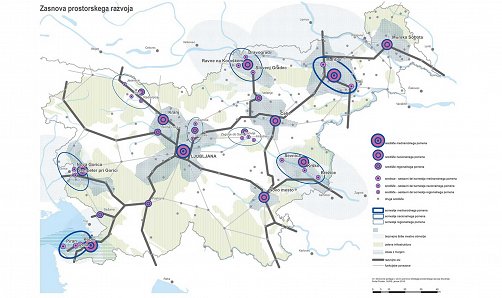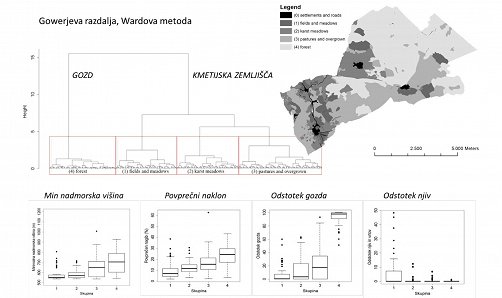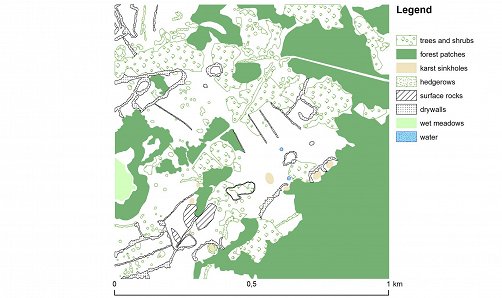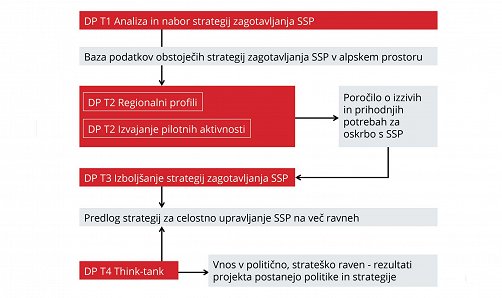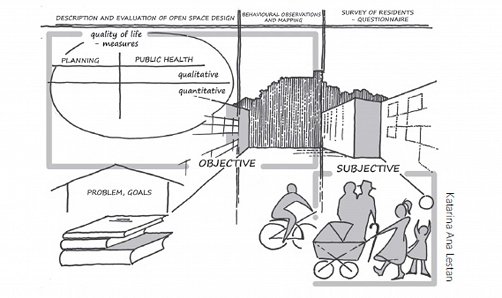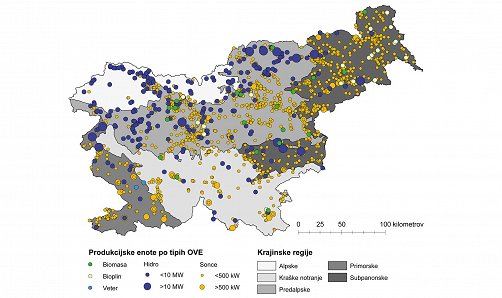Acronym
P4-0009
Department:
Department of Landscape Architecture
Type of project
Research Programmes/Infrastructural Centres
Type of project
Research Programme
Role
Lead
Financing
Duration
01.01.2018 - 31.12.2027
Project manager at BF
Golobič Mojca(Cultural) landscape is a result of natural and anthropogenic factors and is constantly changing under their impact. Contemporary understanding does not take the landscape merely as a physical artefact but also recognises as its integral part all of its meanings and understandings ascribed to it by individuals and the society. Additionally, ever-changing activities continuously transform the landscape. This research program is unique in Slovenia in that it is taking the landscape as its core research matter from all the different aspects mentioned by the European Landscape Convention: identification and landscape valorisation (as part of the basic research) as well as landscape protection, management and planning (as part of the applicative research).
The program Managing Landscape as a Living Environment (External link to P4-0009 Open in new window) is conducted at the Department of Landscape Architecture from 2009 onwards. The program started already in 1999 under the name of Landscape Management and Protection of the Environment. The research group led by Prof. Dr. Mojca Golobič is comprised of four researchers, one young researcher and one technician. We are an interdisciplinary group of landscape architects, an urbanist and a geographer. In spite of its small size, the research group covers various research aspects of the relationship between the society and the landscape. In addition, the research topics cover different spatial scales: from local planning (i.e. the meaning of open spaces for the life quality of the city inhabitants) to strategic European spatial planning (i.e. evaluation of the impact of the EU directives).
In the 2018-2023 period, we are focusing on the following topics:
- impact of human activity on the landscape transformation with the emphasis on the productive landscapes,
- evaluation of the spatial human activity through the analysis of public policies, and
- the relationship between the quality of life and the open space quality.
Among important research achievements in the last five year is the contribution to the development of Territorial Impact Assessment (TIA), an approach for the evaluation of spatial dimension of various sectoral policies. Different possibilities for the TIA use were discussed in several articles focusing on the applicability of the approach for assessment of EU policies (External link to Fischer et al., 2015 Open in new window), for Nature 2000 programme (External link to Marot et al., 2013 Open in new window), on the example of Slovenia (External link to Golobič et al., 2015 Open in new window) and on the example of landscape diversity in Slovenian coastal towns (External link to Golobič & Lestan, 2016 Open in new window). Amongst other significant achievements is also the research addressing the role of the open spaces in city neighbourhoods for the provision of healthy lifestyle (External link to Lestan et al., 2014 Open in new window), and the physical activity of the young in connection to the open space (External link to Sember et al., 2016 Open in new window). Secondly, the research on the topic of green infrastructure, published as a special issue of the Urbani izziv journal (External link to Marot et al., 2015 Open in new window). Thirdly, the research in the field of landscape perception, where two published contributions talk about the possibilities of using toponyms in landscape typology and in the planning of the land development (External link to Seidl et al., 2015 Open in new window, External link to Seidl et al., 2018 Open in new window). Lastly, amongst new research topics is the reciprocity between production of energy from the renewable energy sources and the landscape quality (External link to Frantal et al., 2017 Open in new window).
With the development of the new methods in the area of planning the research group contributes to the improvements in spatial governance through which we expect to gain better landscape quality and better functioning of different mechanisms in space and society. This is also one of the main values of the landscape research group for the Slovenian society. A good example for such agency is the support for the External link to renewal process of the Spatial Development Strategy of Slovenia Open in new window where the research group collaborates through various projects, such as: analysis of the strategy implementation, development of the spatial model of Slovenia, strategic evaluation of the Strategy itself, and the lead of the green infrastructure thematic group.
The researchers of the group are members of international organizations such as ECLAS (European Council of Landscape Architecture Schools), External link to AESOP Open in new window (Association of European Schools of Planning), External link to IAIA Open in new window (International Association for Impact Assesment), and External link to EUCALAND Open in new window (Institute for Research on European Agricultural Landscapes). The researchers regularly contribute to the organization events through presentation of their research work.

